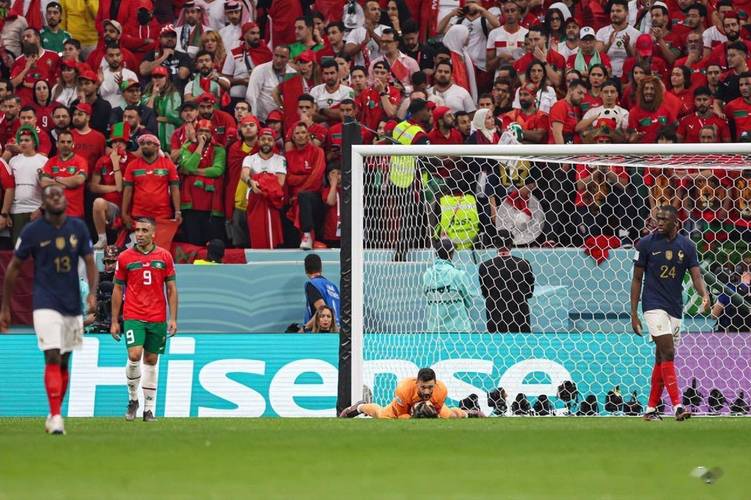Certainly! Here's a structured work plan for managing a project related to "World Cup Penalty Kicks":
Work Plan: World Cup Penalty Kicks
1. Project Overview
Objective:
To analyze and simulate penalty shootouts in World Cup matches using statistical models and historical data.
2. Detailed Goals
Goal 1:
Develop a statistical model for predicting penalty shootout outcomes based on player statistics and historical trends.
Goal 2:
Create a simulation environment to replicate penalty shootouts from past World Cup matches.
Goal 3:
Analyze the impact of various factors (such as pressure, player position, weather conditions) on penalty kick success rates.
3. Resources Required
Personnel:
Data Analyst (1): To collect and analyze player statistics.
Developer (1): To build the simulation software.
Project Manager (1): To oversee timelines and coordinate efforts.
Software/Resources:
Statistical analysis software (e.g., Python with pandas and scikitlearn).
Simulation software development tools (e.g., Unity, Python for simulations).
Database for storing historical World Cup data.
Internet access for realtime data updates.
4. Risk Assessment
Risk 1:
Data availability and quality may vary across different World Cup tournaments.
Mitigation:
Use multiple sources and validate data integrity before analysis.
Risk 2:
Complexity in modeling human behavior (psychological aspects of penalty kicks).
Mitigation:
Collaborate with sports psychologists for insights and validation.
Risk 3:
Technical challenges in simulation software development.
Mitigation:
Conduct regular testing and debugging throughout development phases.
5. FollowUp and Evaluation

Timeline:
Phase 1 (Month 12):
Data collection and statistical modeling.
Phase 2 (Month 34):
Simulation software development and initial testing.
Phase 3 (Month 5):
Analysis and refinement of the simulation model.
Evaluation Criteria:
Accuracy of penalty shootout predictions compared to actual World Cup outcomes.
Feedback from experts (football analysts, coaches) on the realism and utility of the simulation.
Publication of findings in relevant sports analytics journals or presentations at conferences.
This work plan outlines a structured approach to achieving the project's objectives while addressing potential challenges and ensuring thorough evaluation at each stage.
